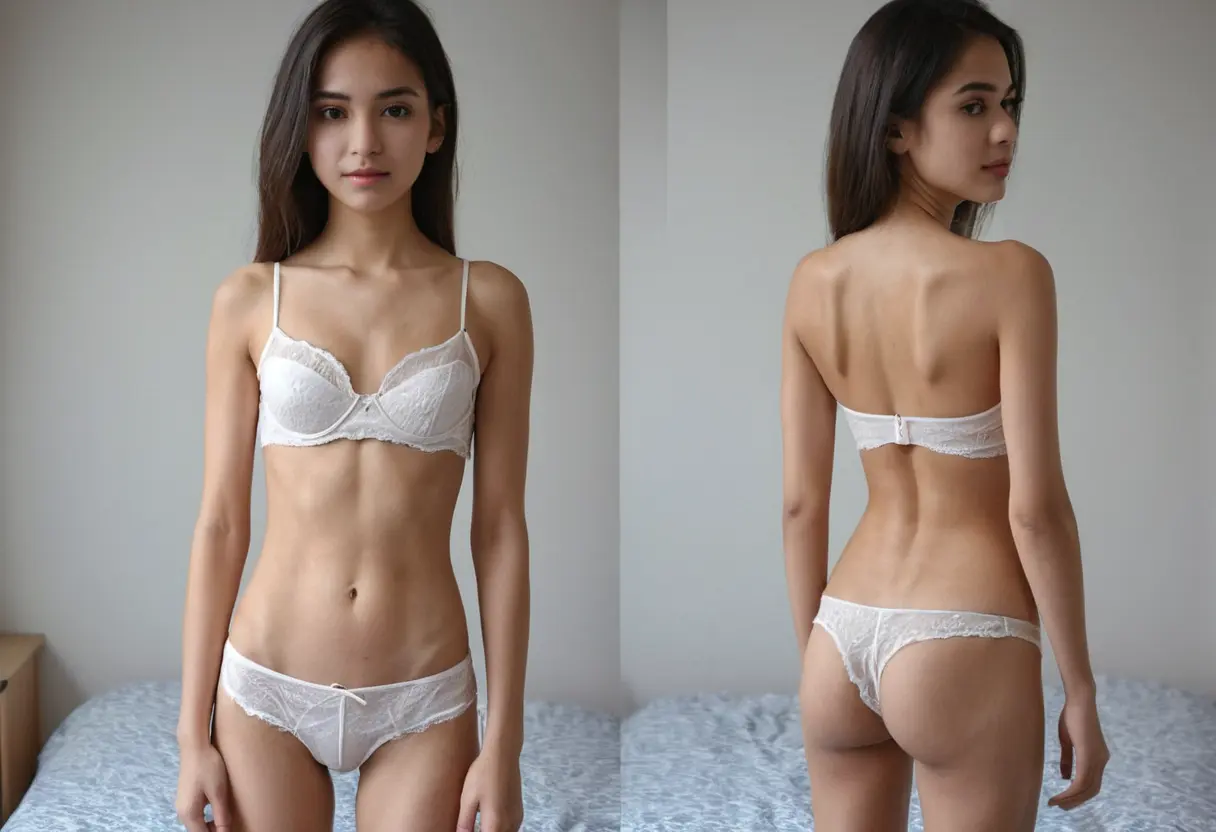The Ethical Implications of AI Photo Undress Tools in Modern Society
The Ethical Implications of AI Photo Undress Tools in Modern Society
Artificial Intelligence (AI) has revolutionized multiple industries, from healthcare to entertainment. However, its applications are not always aligned with ethical standards, particularly in the field of digital media. One of the most controversial uses of AI is in "photo undress" tools, which claim to digitally undress people in images. These tools have raised significant concerns, especially regarding privacy, consent, and the potential for exploitation. This article delves into the ethical implications of AI photo undress tools in modern society, examining their impact on privacy, consent, legal issues, societal norms, and the potential for misuse.
Understanding AI Photo Undress Tools
AI photo undress tools are a type of software that use artificial intelligence to manipulate images, specifically by removing or altering clothing on people depicted in photos. These tools typically work by analyzing the body structure and using algorithms to create realistic representations of what a person might look like without clothes. While some tools claim to have legitimate uses in areas like fashion design or digital art, their potential for harm is considerable when misused.

Privacy Concerns and the Role of Consent
One of the primary ethical concerns surrounding AI photo undress tools is the violation of privacy. These tools can easily be used to alter images of individuals without their consent, leading to serious invasions of personal privacy. In many cases, people may not even be aware that their images are being manipulated, resulting in potential psychological harm and damage to reputation.

Consent plays a pivotal role here. Ethical use of any digital tool requires the explicit consent of the individuals involved. However, AI photo undress tools can be applied to any image found online, whether the subject has given permission or not. This lack of consent is a key issue that raises concerns about the ethicality of such tools. Moreover, the creation and distribution of non-consensual images could lead to legal consequences for those responsible.

Legal Issues and Regulatory Gaps
The use of AI photo undress tools also brings up significant legal challenges. While some jurisdictions have laws in place to protect individuals from image-based exploitation, there is still a lack of consistent legal frameworks governing the misuse of AI in digital media. In many countries, laws regarding image manipulation and privacy are outdated and do not specifically address the unique challenges posed by AI-driven technologies.
Additionally, the ease with which these tools can be accessed and used online complicates the ability to track and hold perpetrators accountable. In many cases, those using AI photo undress tools for malicious purposes do so anonymously, making it difficult for authorities to enforce laws and protect victims. This gap in regulation highlights the need for more robust legal frameworks that can adequately address the potential for harm created by such technologies.
The Impact on Societal Norms and Body Image
Beyond privacy and legal concerns, AI photo undress tools can have a profound impact on societal norms and individual body image. These tools often portray unrealistic and hypersexualized versions of individuals, which can distort public perceptions of beauty and body standards. In a world already struggling with issues related to body shaming and unrealistic beauty ideals, AI-generated images that alter a person’s body can exacerbate these problems.
The proliferation of altered images, particularly those depicting celebrities or influencers, can set harmful standards for the public, especially young people. These unrealistic portrayals can lead to body dissatisfaction and contribute to mental health issues such as anxiety, depression, and eating disorders. Additionally,www.undressaitool.com/ the use of AI to "undress" individuals without their consent could be viewed as a form of sexual objectification, further entrenching harmful societal views about women and marginalized groups.
Potential for Misuse and Exploitation
The potential for misuse of AI photo undress tools is perhaps the most disturbing ethical consideration. These tools can be used for cyberbullying, revenge porn, and other forms of online harassment. Individuals, particularly women, can become victims of exploitation when their images are altered and shared online without their knowledge or consent. Such tools can be weaponized to manipulate or harm others, leading to serious psychological and emotional consequences for the victims involved.
Moreover, the widespread availability of these tools means that they could be used by anyone with malicious intent. Whether for personal vendettas, financial gain, or social manipulation, the potential for abuse is vast. As these technologies continue to evolve and improve, the risk of exploitation grows, making it crucial to address these issues proactively.
Conclusion: A Call for Ethical Guidelines and Regulation
The ethical implications of AI photo undress tools are complex and far-reaching. While AI technology has the potential to revolutionize industries in positive ways, its application in the realm of digital image manipulation requires careful consideration. Privacy violations, lack of consent, legal uncertainties, and the potential for exploitation are all significant concerns that need to be addressed in order to mitigate harm.
To ensure that AI technologies are used ethically, it is essential for governments, tech companies, and society at large to establish clear guidelines and regulations. These should include robust privacy protections, consent-based models for image manipulation, and stronger legal frameworks to hold perpetrators accountable. Only by acknowledging and addressing the ethical implications of AI photo undress tools can we ensure that the digital world remains a safe and respectful space for all individuals.
Related articles
- How AI Technology is Revolutionizing Video Content Creation and Editing
- How Undress Pro AI is Transforming the Future of AI-Driven Image Enhancement
- How Undress Free AI is Transforming Virtual Try-Ons and Online Shopping Experience
- Exploring the Impact of AI on Virtual Fashion and Digital Clothing Experiences
- Top Free AI Platforms for Virtual Undressing and Clothing Simulation
- How AI is Transforming the Way We Shop for Undress Clothing Online
- Discover How AI Can Transform the Way You Undress Someone Safely and Effectively
- Exploring the Impact of Undress AI Videos on Privacy and Technology